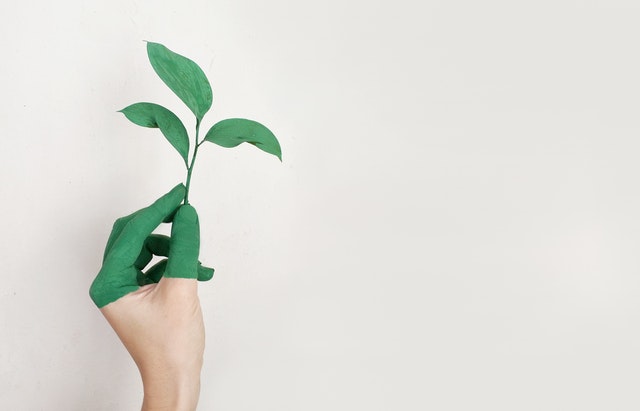As Cape Town residents, the undeniable beauty and importance of the environment around us is something that is especially close to our hearts. Climate change is at a point where we need to drastically adjust how we live to save the environment, but when it comes to sustainable living, we may not be sure where to start.
If you’re following the green brick road to eco-friendly living, here are a few tips to help you on your journey.
1. Go organic
There have been a lot of worries over the quality of Cape Town’s seawater due to various pollutants making their way into our ocean’s waters.
From foods and clothing to home cleaning products, opting for organic alternatives is not only better for our waters (being non-toxic and therefore doing no harm when they enter our water systems), but our environment as a whole.
Organic is expensive, but even swapping out just a few items in favour of their organic counterparts can make a positive change.
2. Reduce, reuse, recycle
Choose recyclable or compostable items over plastic ones.
Instead of a plastic toothbrush, use a bamboo one, and instead of a sponge or cloth made from synthetic material opt for a recycled alternative or eco-friendly option.
As you become more comfortable with alternatives you can slowly phase out all non-reusables, and say goodbye to plastic bags and straws.
Try using more glass containers and buying more secondhand items.
3. Shop sustainably
Change your shopping habits and buy from more organic and plastic-free establishments.
This can sometimes be pricier but even the smallest change goes a long way.
In Cape Town we are spoilt for choice, with a number of organic and plastic free stores having popped up in the Mother City over the years.
Here are five great plastic-free stores to visit on your next shopping trip.
4. Get EcoBrick Wise
A clever way to upcycle your non-recyclable plastics is through EcoBricks.
All you need to make an EcoBrick is a 2L bottle, a wooden spoon and non-recyclable/non-biodegradable plastic.
Fill your plastic bottle until it is ‘unsqueezable’ and as brick-like as possible and then drop it off at a collection point.
EcoBricks are used to build classrooms, homes, sustainable parks and structures. For more information about EcoBricks, what products are considered non-recyclable and for drop-off points across South Africa, read here.
5. Swap up that coffee cup
View this post on Instagram
Hello Melkbosstrand ? you can now find us at the Caltex on 6th Avenue for your ☕️ fix! ?✨?
If you don’t have a reusable coffee cup, get your hands on one now.
Possibly one of the easiest ways to live a more eco-friendly life, especially if you’re a coffee addict, is to use a reusable coffee cup.
Plastic coffee cups contribute significantly to the plastic pollution problem in Cape Town and the world, so dump that habit.
6. Bee food packaging-conscious
Be more conscious of what you use to package your leftovers or pack your lunch for the day.
Easy alternatives to cling wrap include airtight containers, bees wax sandwich wraps or hemp dish covers for any leftovers you want to keep fresh.
7. Start composting
Start your very own compost heap in your garden or even in a little compost tin on your balcony or in your kitchen.
You can even take this tip a step further by using vegetable cut-offs to make vegetable stock and then throwing the cooked vegetable from the stock mix in your compost heap.
8. Give up on gum
Sorry, chewing gum lovers; most chewing gum brands are made of a synthetic, rubbery product called polyisobutylene that is mixed with plasticisers and materials to make the mixture chewable but also non-biodegradable.
When thrown on the ground, chewing gum can get stuck to many small animals such as birds. These small animals then struggle to remove the sticky plastic which can result in suffocation, starvation or rotting of their feet if stepped in. Not to mention the plastic packaging chewing gum comes in.
Giving up this habit can go a long way to making a change for the better when it comes to our environmental conditions.
9. Eat less meat
This may be a touchy one for those out there who love themselves a heaping helping of meat, but eating less meat and having meat-free days even once a week goes a long way.
Did you know roughly 3 000 litres of water goes into making a 200g beef patty? Vegetarian or vegan burgers takes 75% less water to produce.
Simply swapping your beef burger for a vegetarian one once a week can save all this water.
If you’re not convinced by veggie burgers, check out our Cape Town’s most delicious vegetarian burgers for a little inspiration and you may just find yourself enjoying them.
For a place to get all your biodegradable and organic needs, check out Faithful to Nature, it usually delivers to most places in Cape Town within two days.
Picture: Pexels

